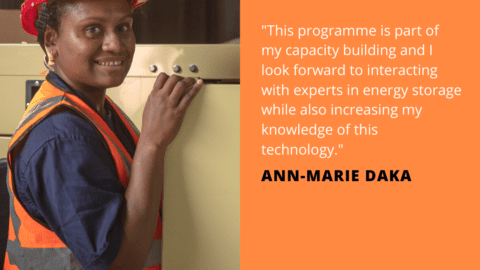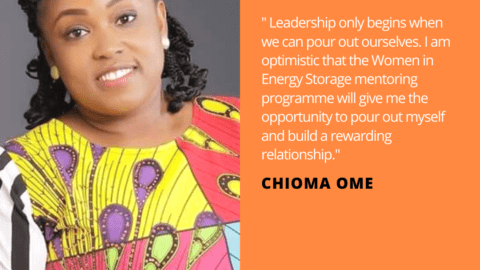Earlier this month, GWNET held its third knowledge-transfer webinar for participants of the GWNET 3/2020 Mentoring Programme, on the topic of Global Governance in the Energy Sector. We were excited to welcome key speaker, Dr Irene Giner-Reichl, president of GWNET and Austrian ambassador to Brazil and Suriname.
Irene is an Austrian career diplomat with established expertise in sustainable development, women’s rights, development policy and energy. Before taking up her current position as Ambassador in Brazil and Suriname, she was Director-General for Austria’s development policy, and Austrian Ambassador to the PR of China and Mongolia.
COVID-19 has turned around international relations, triggering major re-nationalisation, weakening the global economy, creating further social disparity and disrupting globalisation. On the other hand, the pandemic has strengthened the agency of national governments and propelled health cooperation to the forefront. This pronounced shift in international cooperation has had a large impact on the energy sector, on one hand establishing the dominance of renewables like solar while also pushing back gains in energy access and threatening the ambitious targets of the energy transition.
During this informative webinar, Irene explored current frameworks in global, regional, and national governance as they relate to the energy sector and highlighted the impact of the pandemic in ensuring universal access to affordable, reliable, sustainable and modern energy for all. She also presented vital priority areas such as universal clean cooking, which require stronger political will and investment, in order to become a reality.
Key insights from the presentation and subsequent Q&A session included:
- Women continue to be under-represented in the energy sector with gender-based vulnerabilities worsening during the pandemic. Governments now have the opportunity to prioritise gender equality in green recovery plans.
- More ambitious targets need to be set at a national, regional, and global level if we are to achieve SDG 7.
- Accelerated investment in renewable power is required, coupled with establishing new (and strengthening existing) policies for renewables in heating, cooling and transport.
- Regional, national and sub-national policies need to be aligned, and cities need to be supported in their actions.
- Integrated policies should be enacted to enforce energy efficiency measures while promoting the uptake of renewable energy.
- We need to establish pathways to shepherd affected groups through the energy transition – the transition must be just and inclusive.
We were honoured to hear from Irene, and look forward to future opportunities to engage in discussions on international cooperation to support the energy transition.
Learn more about GWNET’s mentoring programmes.











